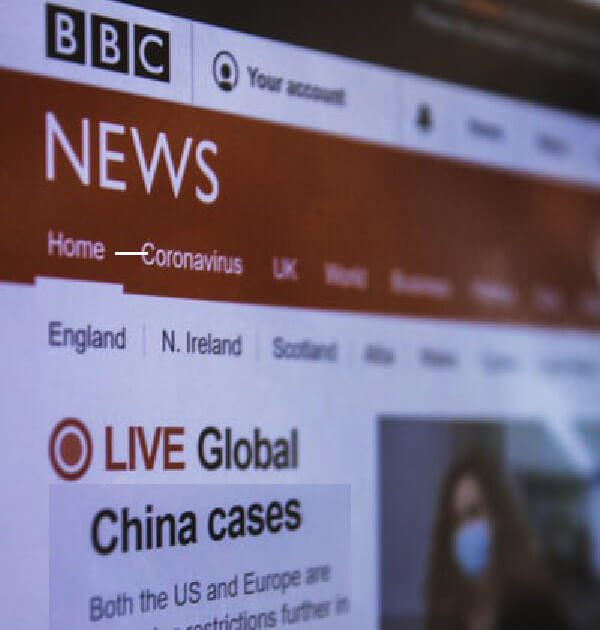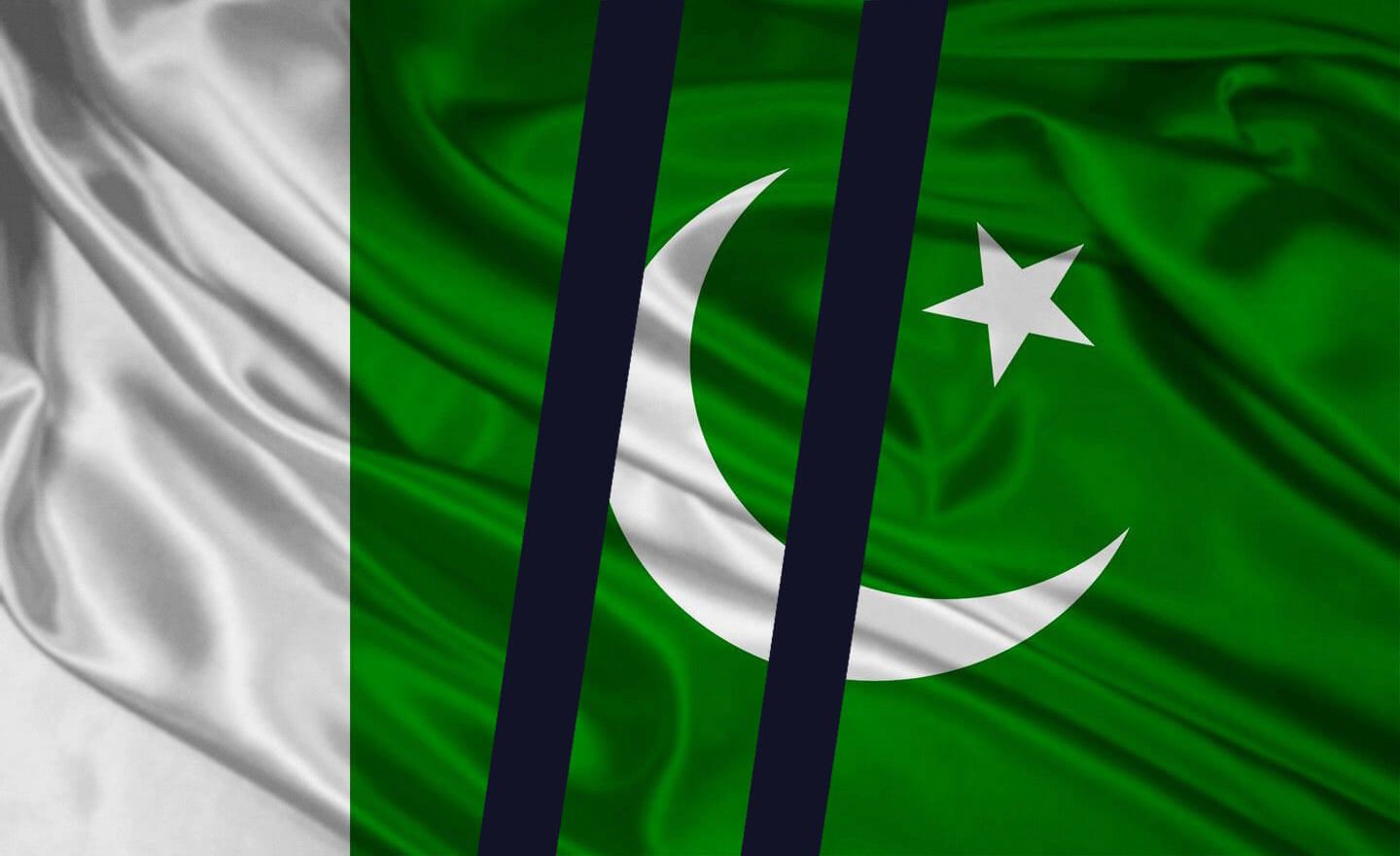The European Union on Saturday called on China to reverse its ban on the BBC World News television channel imposed in apparent retaliation for Britain’s pulling of the licence of state-owned Chinese broadcaster CGTN.
The EU said in a statement that Beijing’s move further restricted freedom of expression and access to information inside its borders,” and violated both the Chinese constitution and the Universal Declaration of Human Rights.
The statement also said that Hong Kong’s announcement that its public broadcaster would also stop carrying BBC broadcasts added to the erosion of the rights and freedoms that is ongoing” in the semi-autonomous Chinese territory since the imposition last year of a sweeping new national security law.
The EU remains strongly committed to safeguarding media freedom and pluralism, as well as protecting the right to freedom of expression online and offline, including freedom to hold opinions and to receive and impart information without interference of any kind,” the statement said.
While Britain is no longer in the EU, it remains a member of the Council of Europe, which oversees a 1989 agreement linking broadcasting licenses. Britain, the U.S. and foreign correspondents based in China have also expressed dismay over the BBC ban.
China’s move Thursday was largely symbolic, because BBC World was shown only on cable TV systems in hotels and apartment compounds for foreigners and some other businesses. However, it comes against the backdrop of growing conflict between Beijing and Western governments over a slew of issues ranging from human rights to trade and the COVID-19 pandemic in which Chinese criticisms over foreign media coverage have played a prominent role.
China’s National Radio and Television Administration said BBC World News coverage of the country violated requirements that news reporting be true and impartial, reflecting complaints over BBC reports about the government’s initial response to the virus outbreak in China. Other complaints were over allegations of forced labor and sexual abuse in the northwestern Chinese region of Xinjiang, home to Uighurs and other predominantly Muslim ethnic groups. The EU statement specifically linked the ban to BBC reporting on those topics.
It wasn’t clear whether BBC reporters in China would be affected. Last year, Beijing expelled foreign reporters for The Washington Post, The Wall Street Journal and The New York Times amid disputes with the Trump administration and complaints over media criticism of the ruling Communist Party.
Britain’s communications watchdog, Ofcom, revoked the license for CGTN, China’s English-language satellite news channel, on Feb. 4, citing links to the Communist Party, among other reasons.
A Chinese Foreign Ministry spokesperson said Ofcom acted on political grounds based on ideological bias.
Losing its British license was a major blow for CGTN, which is part of a global effort by the party to promote its views and challenge Western media narratives about China, into which it has poured enormous resources. CGTN has a European operations hub in London.
(Only the headline and picture of this report may have been reworked by the European Times staff; the rest of the content is auto-generated from a syndicated feed.)














